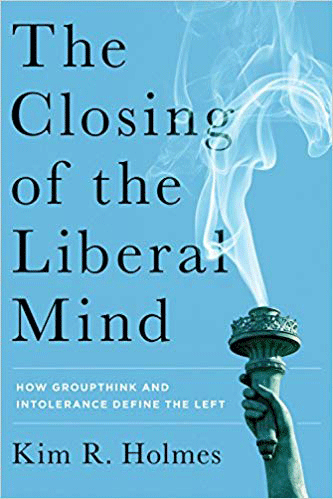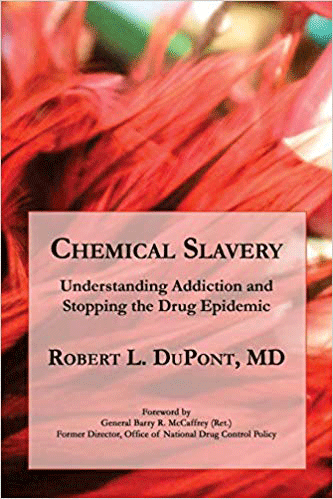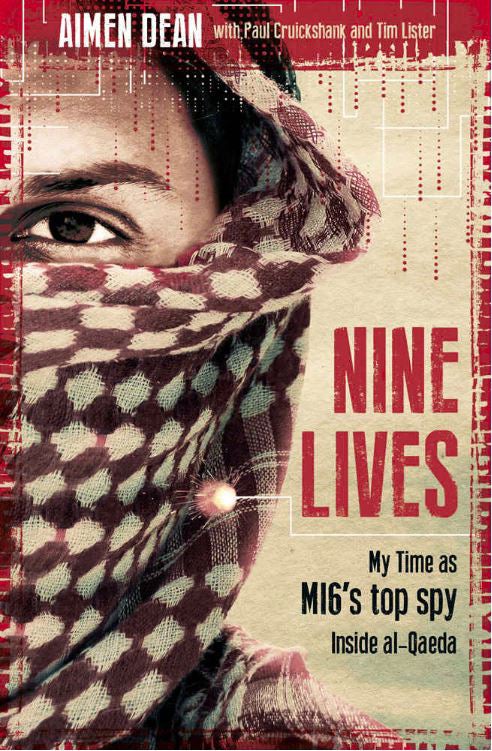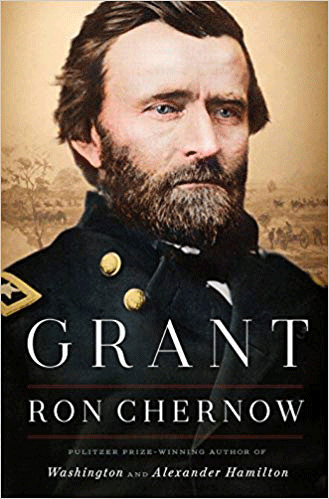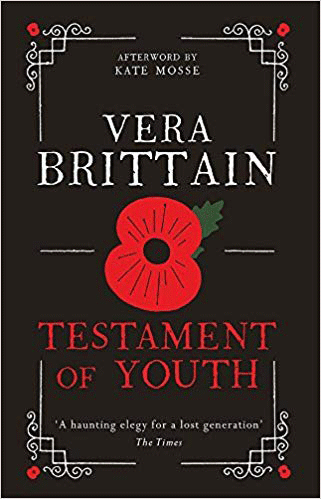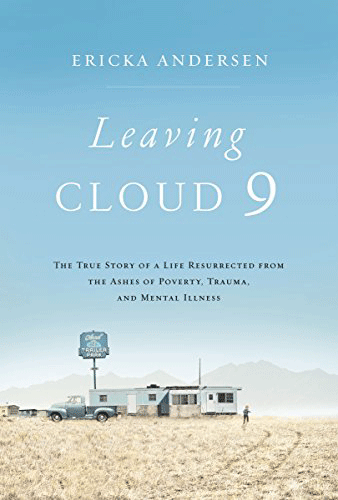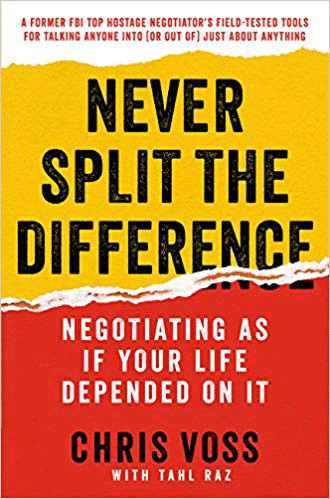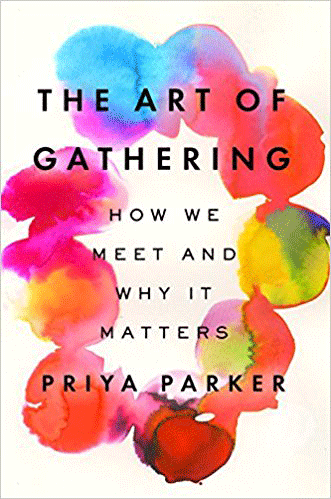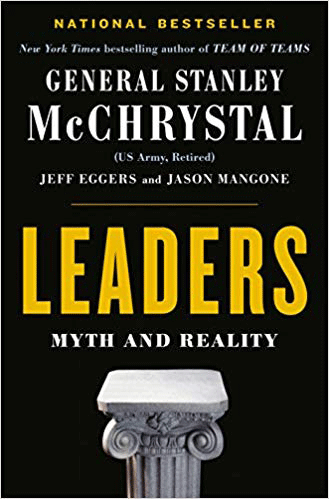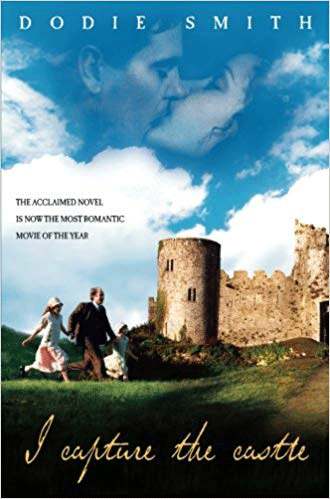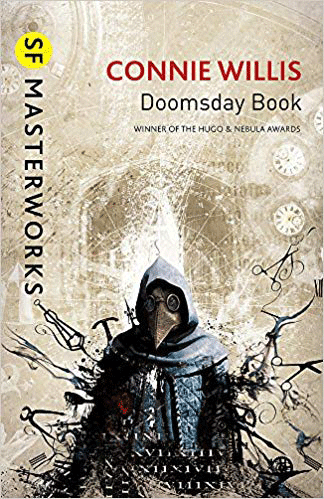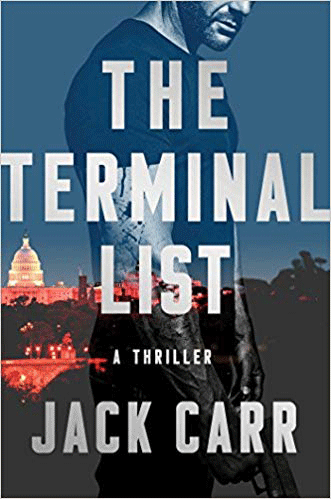14 Books to Add to Your 2019 Reading List
Daniel Davis /
The new year is here, so why not start it off right with a new book?
Here are 14 books that our friends at The Heritage Foundation think you might enjoy reading in 2019.
Current Affairs
1) “Ghettoside: A True Story of Murder in America” by Jill Leovy
Have you ever wondered why children and young men get shot in America’s inner cities, but no one seems to treat it like the national crisis it is? Or why our national media has meltdowns over things like melting polar caps—or suburban schools getting shot up—but don’t have that sustained reaction over inner-city murders?
Read New York Times best-selling book “Ghettoside: A True Story of Murder in America” by Jill Leovy for “a new lens onto why murder happens in our cities—and how the epidemic of killing might yet be stopped.” This eye-opening book broke this reviewer’s heart. It also gave me hope to see that—through conservative policies—we could turn this unacceptable situation around and bring peace, law, order, and prosperity to our nation’s cities.
—Marie Fishpaw is the director of Domestic Policy Studies at The Heritage Foundation’s Institute for Family, Community, and Opportunity.
2) “The Closing of the Liberal Mind: How Groupthink and Intolerance Define the Left” by Kim R. Holmes
Remember the days when free speech, tolerance, and individual rights were championed by American liberals? The liberals of the 1960s championed freedom of expression. Today they promote speech codes and trigger warnings. How did a movement built on open-mindedness become just the opposite?
In his book “The Closing of the Liberal Mind,” author, historian, policy expert, and current Executive Vice President of The Heritage Foundation Kim Holmes takes up that question as he masterfully mixes intellectual history with an analysis of contemporary politics. Though Holmes himself is a policy expert, you don’t have to be to enjoy and profit from his book.
—Genevieve Wood is a leading voice for The Heritage Foundation as a senior adviser and spokesperson.
3) “Chemical Slavery: Understanding Addiction and Stopping the Drug Epidemic” by Robert L. DuPont, MD
“Chemical Slavery: Understanding Addiction and Stopping the Drug Epidemic” by Dr. Robert L. DuPont is a scholarly and encyclopedic discussion of the causes and treatment of addiction. The author, a graduate of Harvard Medical School, has spent his 50-year career as a psychiatrist in the field of addiction medicine, and has spoken at The Heritage Foundation on drug policy on several occasions.
DuPont worked for the D.C. Department of Corrections and the D.C. Narcotics Treatment Administration. The first director of the National Institute on Drug Abuse, DuPont was also the second White House drug czar, serving under Presidents Richard Nixon and Gerald Ford. He now is a clinical professor of psychiatry at the Georgetown University School of Medicine, and president of the Institute for Behavior and Health, where he continues his commitment to addressing addiction.
—Paul J. Larkin Jr. is the John, Barbara, and Victoria Rumpel senior legal research fellow at the Institute for Constitutional Government at The Heritage Foundation.
4) “Nine Lives” by Aimen Dean, with Paul Cruickshank and Tim Lister
Aimen Dean has had an extraordinary life. Born in Saudi Arabia and a participant in the jihads in Bosnia and the Philippines, in 1997 he found himself sitting opposite Osama bin Laden in Kandahar, Afghanistan. Dean was there to pledge loyalty to one of the world’s most wanted terrorists and, in doing so, formally join al-Qaeda’s ranks.
Dean eventually became disillusioned with al-Qaeda, their wanton slaughter in the 1998 East Africa embassy bombings convincing him that he had been duped by the group’s ideology. Dean would go on to become the West’s top intelligence source within al-Qaeda, passing on vital intelligence to Britain’s MI6, before his cover was blown following a leak within the U.S. government.
Dean knew virtually everyone of importance in the burgeoning jihadist scene of the 1990s, with bin Laden, Khalid Sheikh Mohammed, Abu Zubaydah, Abu Khabab al-Masri, Ayman Zawahiri, and Abu Musab al-Zarqawi all making appearances. That certainly makes it compelling reading for scholars of terrorism. Yet the extraordinary danger that Dean frequently put himself in, his calm—and at times seemingly blasé—attitude toward this, as well as his insights into the nature of the terrorist threat facing all of us today, ensure its appeal runs much broader and wider than just subject matter experts.
—Robin Simcox is the Margaret Thatcher fellow at The Heritage Foundation’s Margaret Thatcher Center for Freedom, where he specializes in counter-terrorism and national security policy.
Biography
5) “Grant” by Ron Chernow
At 959 pages, Ron Chernow’s latest, “Grant,” requires commitment. Maybe not like learning Mandarin Chinese, but close. For those who choose to take up the challenge, it’s worth it.
For me, what I knew about Ulysses S. Grant stopped with Robert E. Lee’s surrender at Appomattox Court House. Chernow picks up the story through Grant’s presidency, and along the way, corrects a lot of misconceptions and fills in the blanks.
For example, unknown to me was the huge role Grant played in eliminating the Klu Klux Klan, which ravaged the South in the 1870s. Chernow also corrects the record on corruption and scandal in the Grant administration, pointing out that Grant was never personally involved. Chernow forthrightly takes on the topic of Grant and alcohol, persuasively making the case that Grant was a classic alcoholic, who by sheer determination overcame his addiction.
If you still aren’t convinced, there are reports that Steven Spielberg and Leonardo DiCaprio are involved in bringing “Grant” to the movie screen. By reading the book, you will fully appreciate the film.
—Thomas Spoehr serves as the director of the Center for National Defense at The Heritage Foundation.
6) “Churchill: Walking with Destiny” by Andrew Roberts
Andrew Roberts’ “Churchill: Walking with Destiny” is fun to read, and brings the greatness of Winston Churchill to life. Churchill’s unique personality comes across vividly throughout the book, as does his sparkling wit, and rib-tickling sense of a good wisecrack. “Walking with destiny” alludes to the great man’s belief, ever since he was a young boy, that he would one day save Britain from an invasion by a foreign power.
—Patrick Tyrrell is a research coordinator in The Heritage Foundation’s Center for International Trade and Economics.
7) “Testament of Youth” by Vera Brittain
If you’re looking for a good cry, pick up Vera Brittain’s “Testament of Youth”—a haunting account of World War I, as seen through the eyes of a young English woman who served as a nurse in France, Malta, and England while keeping up lively correspondences with her brother, fiancé, and three male friends, all of whom served on the front lines.
Brittain’s vivid descriptions of life amid war will stay long with you, and while you may not agree with all her answers (Brittain ultimately becomes a pacifist), she raises thought-provoking questions about how war changes us, and our world. We’re now more than a hundred years past the start of World War I, but its undeniable impact on our modern mindset makes this war one we should continue studying.
—Katrina Trinko is the director and managing editor of The Daily Signal.
8) “Leaving Cloud 9: The True Story of a Life Resurrected from the Ashes of Poverty, Trauma, and Mental Illness” by Ericka Andersen
“Leaving Cloud 9” by Ericka Andersen is a gripping story about life’s challenges and overcoming the odds. It’s a book you won’t want to put down—with vivid details about the struggles of a troubled boy who became a caring and loving husband and father. In a confusing world in search of good news, Andersen gives us hope with a book about family, religion, and love.
—Rob Bluey is the vice president of communications at The Heritage Foundation and editor-in-chief of The Daily Signal.
Personal Development
9) “Never Split the Difference: Negotiating As If Your Life Depended On It” by Chris Voss
It’s not hard to find books that will teach you to negotiate better, but few live up to the billing. Chris Voss’ “Never Split the Difference” breaks that mold. The techniques and strategies he discusses were tested with lives in the balance and proven against the sharpest negotiating minds that the Ivy League had to offer. Employing the tools from Voss’ book has fundamentally changed how I communicate, and not just when I’m negotiating a deal.
–Raz Shafer is the senior assistant to the president for donor relations at The Heritage Foundation.
10) “The Art of Gathering: How We Meet and Why It Matters” by Priya Parker
“The Art of Gathering: How We Meet and Why It Matters” by Priya Parker is essential reading for hosts of all kinds with actionable advice on how to bring people together with purpose. Parker’s voice reverberates in my mind from the early stages of planning an event to closing a gathering with a strong finish. It’s been a game-changer.
—Romina Boccia is the director of the Grover M. Hermann Center for the Federal Budget at The Heritage Foundation.
11) “Leaders: Myth and Reality” by Stanley McChrystal, Jeff Eggers, and Jason Mangone
“Leaders: Myth and Reality” is an attempt by Gen. Stanley McChrystal, Jeff Eggers, and Jason Mangone to replicate Plutarch’s model of a study of leadership by looking at six pairs of fascinating leaders, drawing lessons from their very idiosyncratic lives, and developing a 21st-century method of addressing the puzzle of what makes a great leader. I can guarantee you have probably not studied all of these people, they are that diverse.
—Steven Bucci is a visiting fellow at The Heritage Foundation’s Allison Center for Foreign Policy Studies.
Fiction
12) “I Capture the Castle” by Dodie Smith
From the author of “The 101 Dalmatians”—yes, the one that inspired the Disney movies—comes a charming coming-of-age story set in mid-century England in Dodie Smith’s “I Capture the Castle.”
Seventeen-year-old Cassandra Mortmain is living in decidedly unromantic poverty in a decrepit, old castle because her father, who was once hailed as an up-and-coming literary genius, failed to write a single word since publishing his debut novel. Cassandra chronicles her first lessons in love through a series of journal entries as her older sister, Rose, becomes romantically involved with the eldest of a pair of American brothers, who are now (technically) their landlords.
This classic novel about a girl’s first time in love is written in the most beautiful prose, and I cannot recommend it highly enough.
—Monica Burke is a research assistant in the DeVos Center for Religion and Civil Society at The Heritage Foundation.
13) “Doomsday Book” by Connie Willis
“Doomsday Book” by Connie Willis is already a classic in the science fiction community, but it also deserves recognition as a breathtakingly detailed work of historical fiction. Setting the action amidst the devastation of the medieval Black Plague, Willis spins a story with real heart out of one of the bleakest episodes in human history.
“Doomsday Book” is, at times, a faith-trying rebuke of the medieval church’s handling of a human disaster, but it’s also a powerful affirmation of the role of faith in dark times, whether faith in the divine or in humanity itself. In that sense, the story of time-traveler Kivrin Engle may be more relevant today than when it was released in 1992.
—Adam Brickley serves as a program associate for lectures and seminars at The Heritage Foundation.
14) “The Terminal List: A Thriller” by Jack Carr
Writing a captivating novel, let alone discovering a truly unique plot, in a genre dominated by Tom Clancy, Brad Thor, and Vince Flynn is a tall order. It’s easy for authors to fall back into well-worn staples like an airline hijacking or Ebola outbreak. In a performance that should be the envy of every author, Jack Carr accomplished this elusive feat on his first at-bat, “The Terminal List.”
The book puts the reader within the mind of a persecuted and revenge-bound Navy SEAL, James Reece. He and everyone he loves are being targeted for elimination. When he begins to unravel the plot against him, he has no one left and nothing to lose. All he has is a list of those responsible and the skills of an apex predator. How do you stop a man who will stop at nothing?
—Raz Shafer is the senior assistant to the president for donor relations at The Heritage Foundation.


